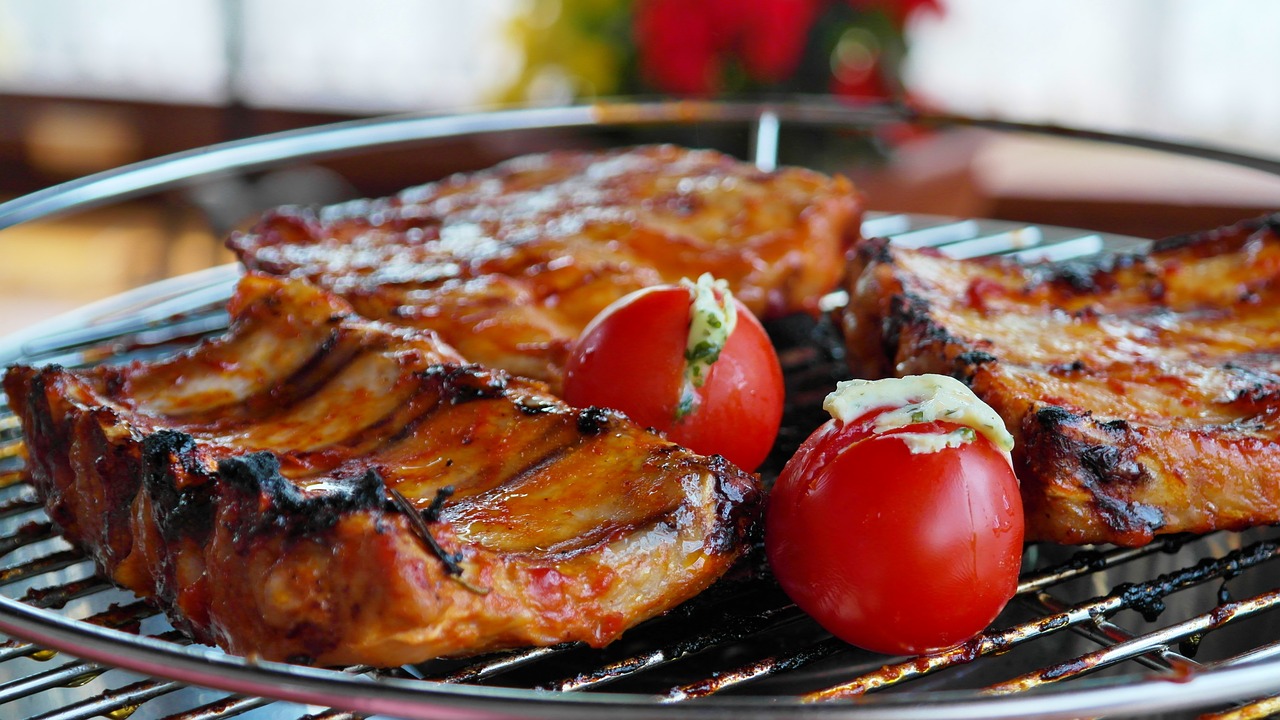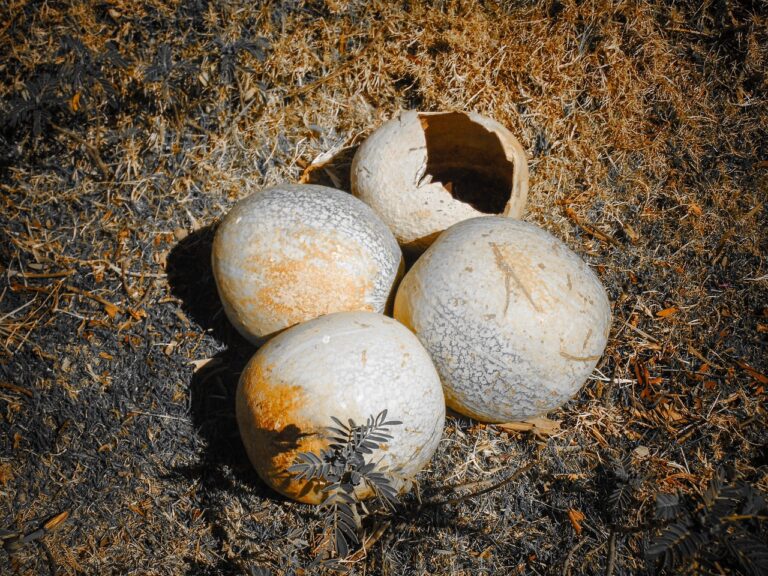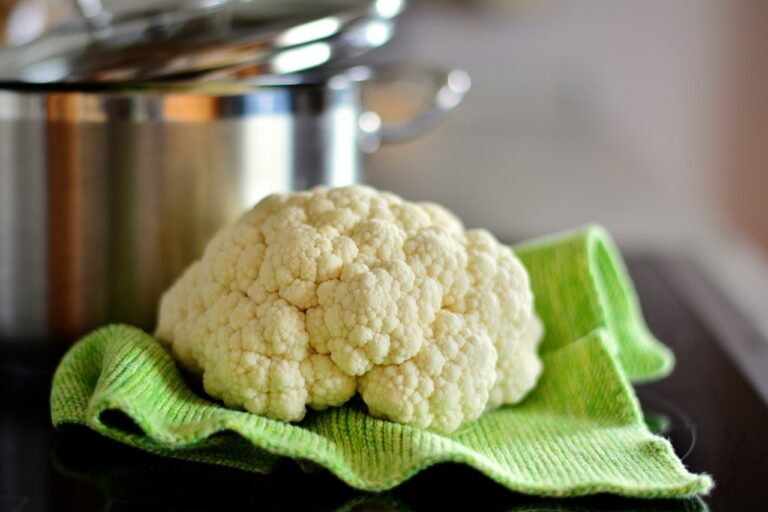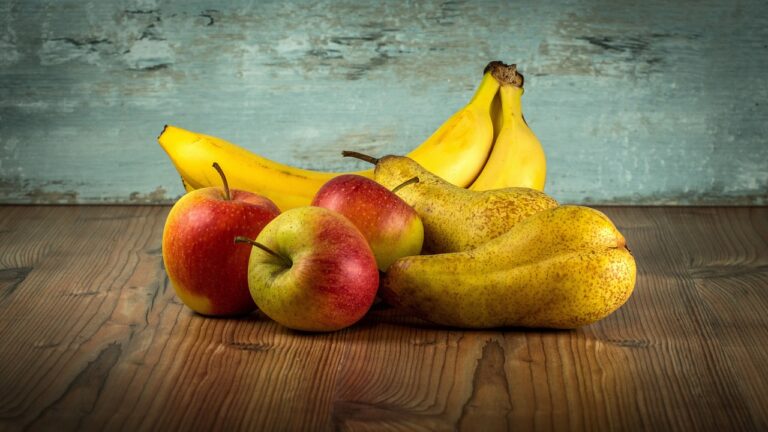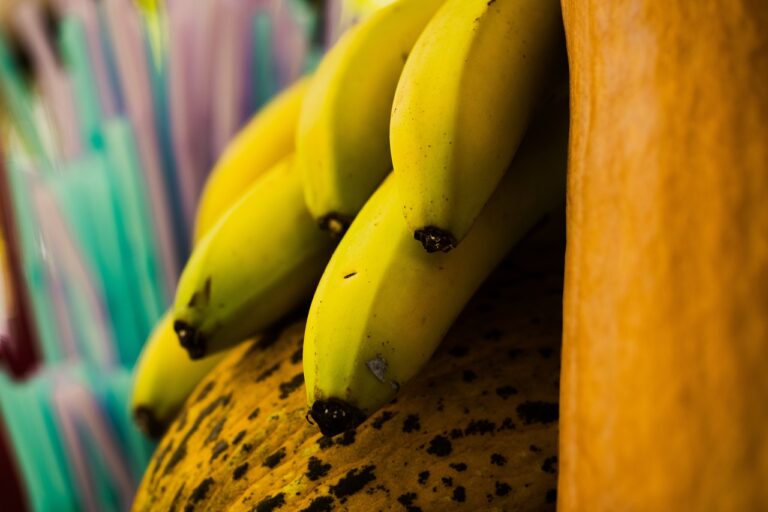The Role of Artificial Intelligence in Food Industry
Artificial Intelligence (AI) is revolutionizing the food production industry by streamlining processes and ensuring efficiency. With the help of AI, tasks such as monitoring crop health, predicting harvest yields, and automating quality control measures have become more accurate and swift. This technology allows for better decision-making based on real-time data analytics, ultimately leading to increased productivity and improved crop outcomes.
Furthermore, AI in food production enables precise resource management, such as water usage and pest control, resulting in reduced waste and environmental impact. By employing algorithms to analyze data patterns, AI helps farmers make informed choices that optimize their resources and enhance sustainability. Overall, the integration of AI in food production paves the way for a more efficient and sustainable agricultural sector, meeting the demands of a growing global population.
Enhancing Food Safety with Artificial Intelligence
Artificial intelligence (AI) in food production has revolutionized the industry by enhancing food safety in numerous ways. One major benefit is AI’s capability to detect contaminants and pathogens in food products with speed and accuracy that surpasses human capabilities. By using machine learning algorithms, AI can quickly analyze large volumes of data to identify potential risks in food supply chains, leading to faster responses and preventive measures to ensure food safety.
Moreover, AI technologies can also assist in monitoring and maintaining proper food storage conditions. With the use of sensors and data analytics, AI can track temperature fluctuations, humidity levels, and other environmental factors that can impact food quality. This real-time monitoring allows for timely interventions to prevent food spoilage and contamination, ultimately enhancing food safety standards across the entire production and distribution process.
How can AI improve food safety in the production process?
AI can improve food safety in the production process by detecting contaminants, monitoring equipment performance, and predicting potential hazards before they occur.
What are some specific benefits of using AI in food production?
Some specific benefits of using AI in food production include increased efficiency, improved quality control, reduced waste, and enhanced traceability.
How does AI help in preventing foodborne illnesses?
AI can help in preventing foodborne illnesses by quickly identifying and containing outbreaks, analyzing vast amounts of data to pinpoint sources of contamination, and implementing preventive measures.
Can AI be used to enhance food safety in restaurants and retail establishments?
Yes, AI can be used to enhance food safety in restaurants and retail establishments by monitoring food storage temperatures, automating inventory management, and tracking food safety compliance.
Are there any potential drawbacks to using AI in food safety?
Some potential drawbacks to using AI in food safety include the initial cost of implementation, the need for ongoing maintenance and updates, and the potential for errors in AI algorithms.

